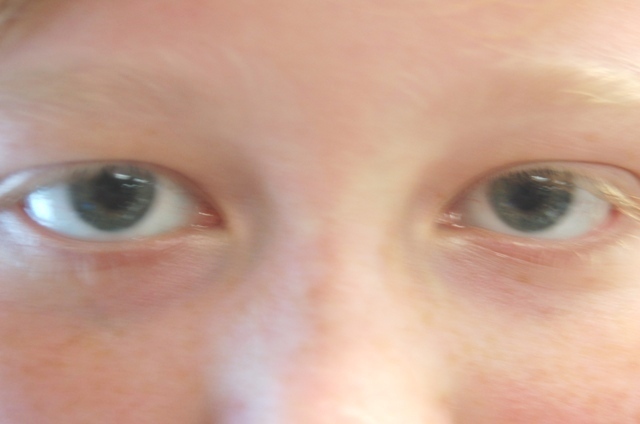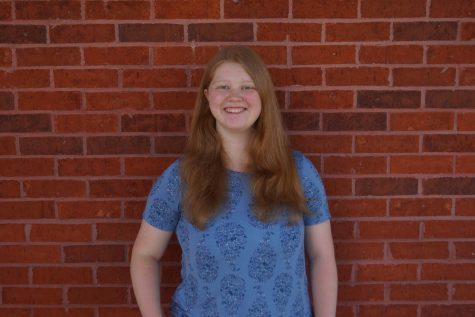Our Visual Perception
September 21, 2015
Kids are picky, especially when it comes to food. At least, that was the way my siblings and I were, growing up. It is hard to remember a night when we didn’t look at our dinner plates and grimace. The funny thing is, most of the time I complained about having to eat food, regardless of whether or not I had tried it before. Even as a child, my perception of life was skewed; I came to assumptions based on what things looked like instead of what they actually were, and while that concept seems a bit ridiculous, it is something we do practically every day.
For years, people have warned us to never judge a book by its cover, but when it comes down to it, how often do we actually follow that advice? The truth is, the moment we see something, our brains are already considering a million tiny details. We judge other people, objects, and experiences almost instantaneously, our perception created in a single second, and, more often than not, it is based on our sight alone. While vision is something we should be very grateful for, we rely on it for an awful lot.
Vision has become a kind of crutch, a limitation that prevents us from trying new things. Any thought of tasting those new chips goes out the window when we realize that they do not look nearly as appealing as we think they should. Ironically, those chips may have been the best things we had ever put in our mouths, and we would never know. And if we do try one of those chips, we will probably still hesitate a little bit before we go back and eat another one, just in case it was some kind of fluke.
What would happen if everything we ever did–every new experience tried, book read, or movie watched–looked disgusting and scary to us? What if, as a child, we had harbored the same skepticism towards strange-looking things that we have developed as adults? There would be a much smaller urge to try new things! We are attracted to what is beautiful and familiar, cling to anything that reminds us of past memories, and yet what we perceive as ugly is cast aside as unnecessary. Interestingly enough, the sense we rely on the most can give us the least accurate information.
Is it any wonder that fear of the dark is one of the most common fears in the world, or that we relate night with evil? We have become so reliant on our vision that our brain even changes the information it receives from the other senses to match what we are seeing. No joke!
Instead of looking at all the details to draw our conclusions, why don’t we start looking at the bigger picture? Why don’t we pay attention to the sounds, smells, feel of life, instead of just fixating on the sights? Maybe then, we would be a bit less quick to judge. Maybe, we would be a little better off.




